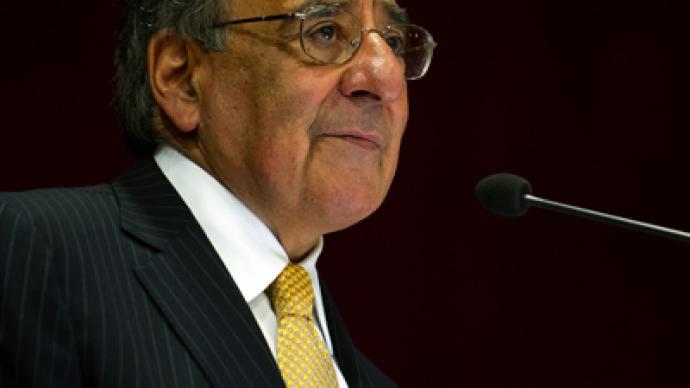Drones are set to take over US skies soon, and there is growing concern the public will lose their privacy to these spy planes.
The winners are the drone makers, and much of the reason for that is the aggressive and powerful lobbying by the defense and aerospace industry.The drones of today have revolutionized modern warfare and are known for their seek and destroy missions over Afghanistan and Pakistan. The drones of tomorrow, however, will be humming over American homes.“There may be up to 30,000 drones flying in US skies by 2020, which is a huge number. Basically, one in every town,” said Trevor Timm from the Electronic Frontier Foundation.Now that Congress and the president have cleared the way for spy planes to fly in US skies, defense and aerospace firms are pushing their weight in D.C. in hopes of cashing in on the expected drone business boon.“Right now the global market is worth $6 billion but it’s supposed to double to over $11 billion within the next decade,” said a Andrea Stone, reporter with the Huffington Post.In 2001, the Defense Department had 90 drones. Just eleven years later, though, and it has an arsenal of more than 9,500 remotely piloted aircraft. With wars winding down overseas, most of those unmanned aircraft will be used domestically for surveillance and disaster assistance, raising safety and privacy concerns.“Why do you need drones against your citizens? That’s military weaponry? You’re police is not your military and we’ve lost that distinction,” said peace activist Maureen Cruise. “They’re the weapons manufacturers and they know we need war in order to be profitable so they buy Congress,” said Cruise as she demonstrated outside of defense contractor Raytheon.Defense and aerospace firms that build drones have spent millions of dollars on lobbying over the past year. Those efforts will help them secure government contracts, but lobbyists are also having a very heavy influence on the legislation and regulation over these unmanned vehicles.“That’s how it works here. They’re the ones who know it best and know what they want written into the legislation. That could be a real problem because they obviously have a vested interest,” said Stone.With billions of dollars in contracts, Northrop Grumman is one of the dominant players in the unmanned aircraft business, spending more than $4 million in lobbying in 2011. Raytheon splurged nearly $7.4 million on lobbying last year according to First Street Research, while General Atomics spent $2.3 million The San Diego-based company has signed 250 million dollars in contracts with Homeland Security since 2005.“The argument all the time by law enforcement is these drones are very cheap and they’re very effective, yet despite the huge potential for danger in the privacy realm for American citizens, it hasn’t been proven that law enforcement can use these safely and efficiently anyways,” said Timm.Quite the opposite – The Office of Inspector General of the Department of Homeland Security characterized the quarter-billion dollar drone program along the southern border as highly ineffective recommending a halt to further drone purchases. A $176 million Navy drone recently crashed and burned in Maryland.“Right now, the Navy only has five of those craft that they are using. When you bring 500 more, you’re going to have more of a risk of crashes,” said Jefferson Morley, a writer for Salon.com.Despite the criticisms, influential leaders in Congress are helping the defense and aerospace industry write the rules and cash in on the coming drone revolution.

